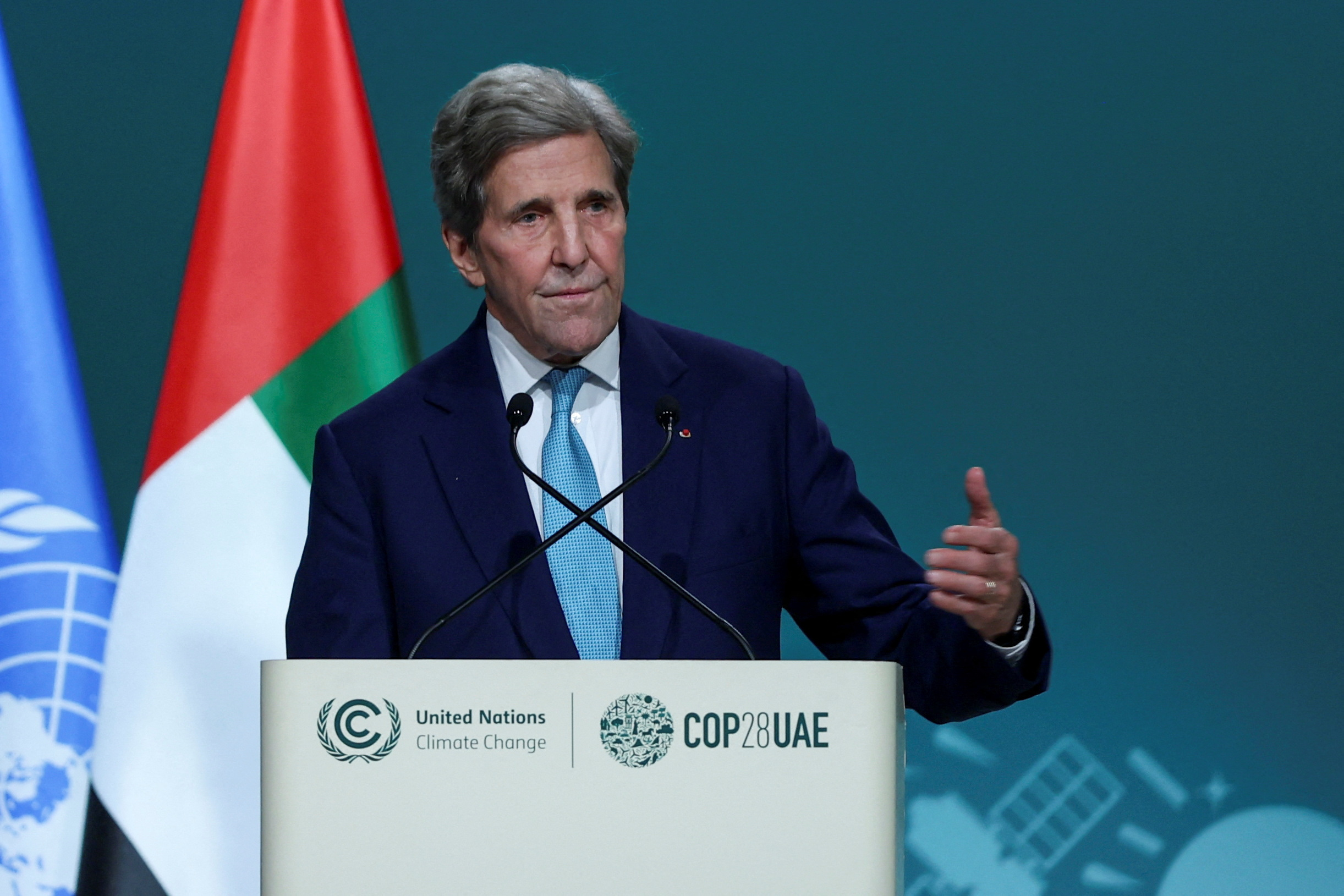U.S. special climate envoy John Kerry unveiled an ambitious plan on Tuesday at the COP28 climate summit in Dubai to enhance international collaboration on nuclear fusion. The initiative, involving 35 nations, aims to accelerate research and development, address supply chain challenges, and enhance regulatory and safety frameworks. Kerry emphasized the potential of fusion technology as a revolutionary, emissions-free tool in combating climate change.
Nuclear fusion, a process that powers the sun and stars, involves replicating the sun’s heat and pressure on Earth using lasers or magnets to fuse two light atoms into a denser one, releasing substantial energy. Unlike traditional nuclear fission plants, fusion holds the promise of producing vast amounts of unlimited power without generating long-lasting radioactive waste.
While the technology offers significant benefits, there are formidable challenges to overcome before fusion can be used for commercial electricity production. Scientists have achieved limited instances where fusion experiments produced more energy than required, and there are regulatory, construction, and siting hurdles in establishing new fleets of power plants.
The collaboration reflects a growing global interest in fusion research. Notably, on November 8, Britain and the United States signed a cooperation agreement on fusion. Other nations actively pursuing fusion technology include Australia, China, Germany, and Japan.
In August, a significant breakthrough occurred at a U.S. national lab in California, where scientists, using laser beams, achieved a fusion milestone called ignition. During this momentary event, the energy output from the fusion reaction exceeded the energy concentrated on the target. However, the net energy output was estimated to be only about 0.5% of the energy invested in powering the lasers.
Two primary methods of achieving fusion include using lasers to concentrate energy on a gold pellet containing hydrogen and using powerful magnets to trap plasma, a gaseous form of hydrogen heated to extreme temperatures.
John Kerry’s announcement underscores the global commitment to advancing fusion research as a crucial component of the collective effort to address climate change. The initiative seeks to overcome scientific, regulatory, and operational hurdles, propelling fusion technology toward a pivotal role in the world’s transition to sustainable, clean energy sources.















